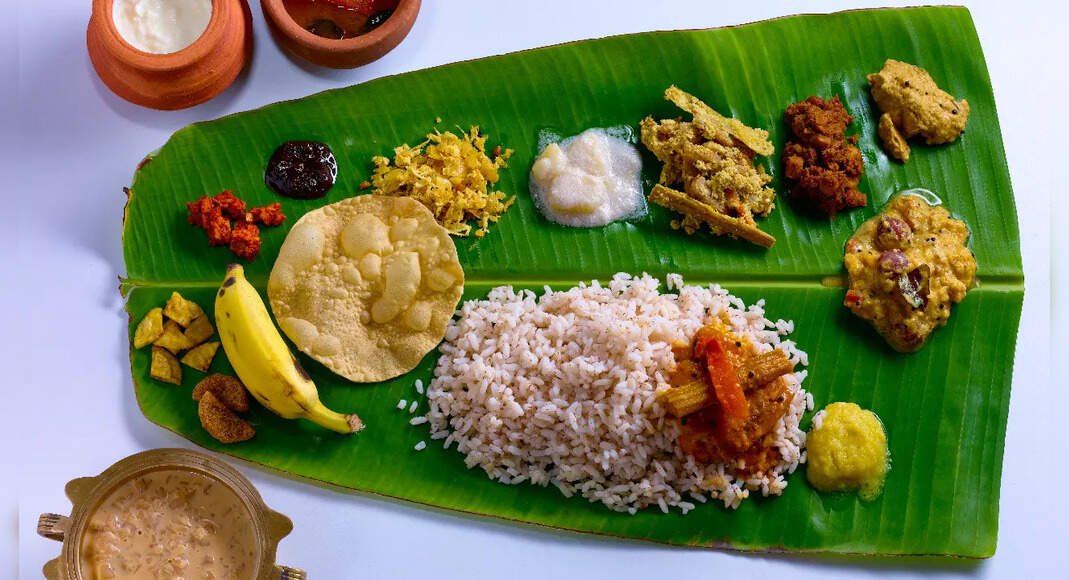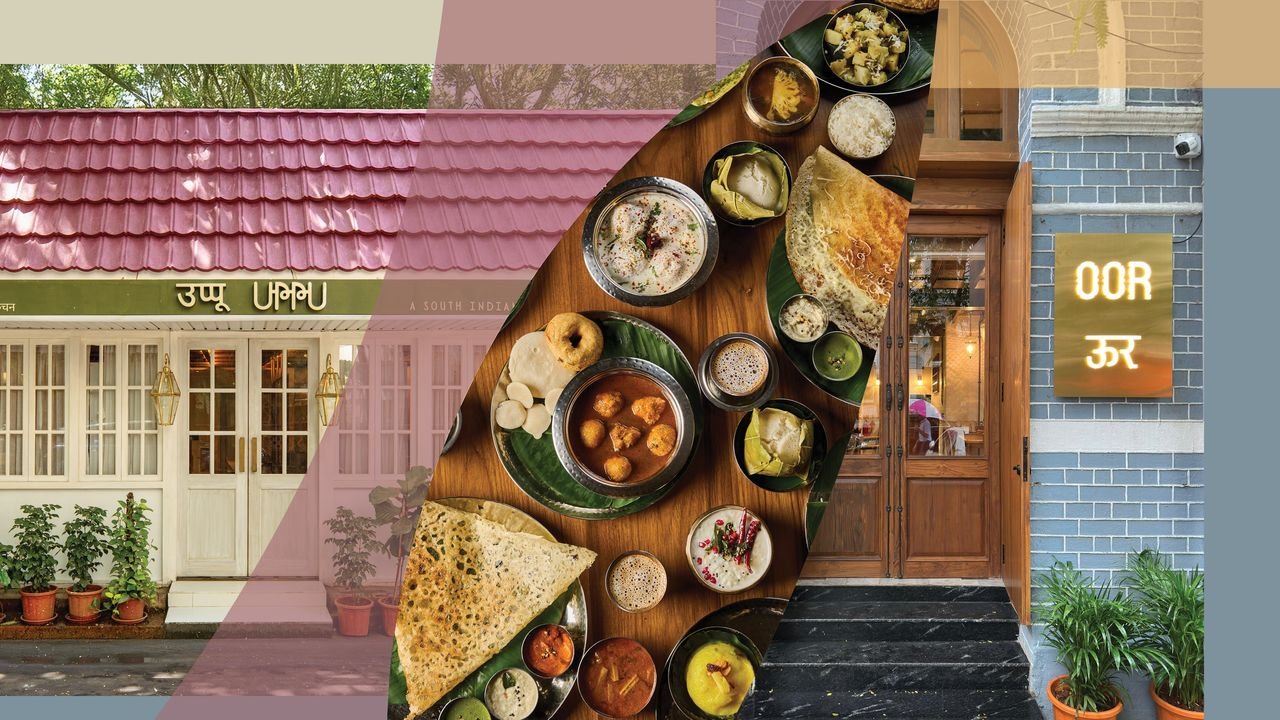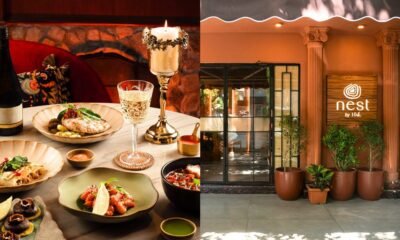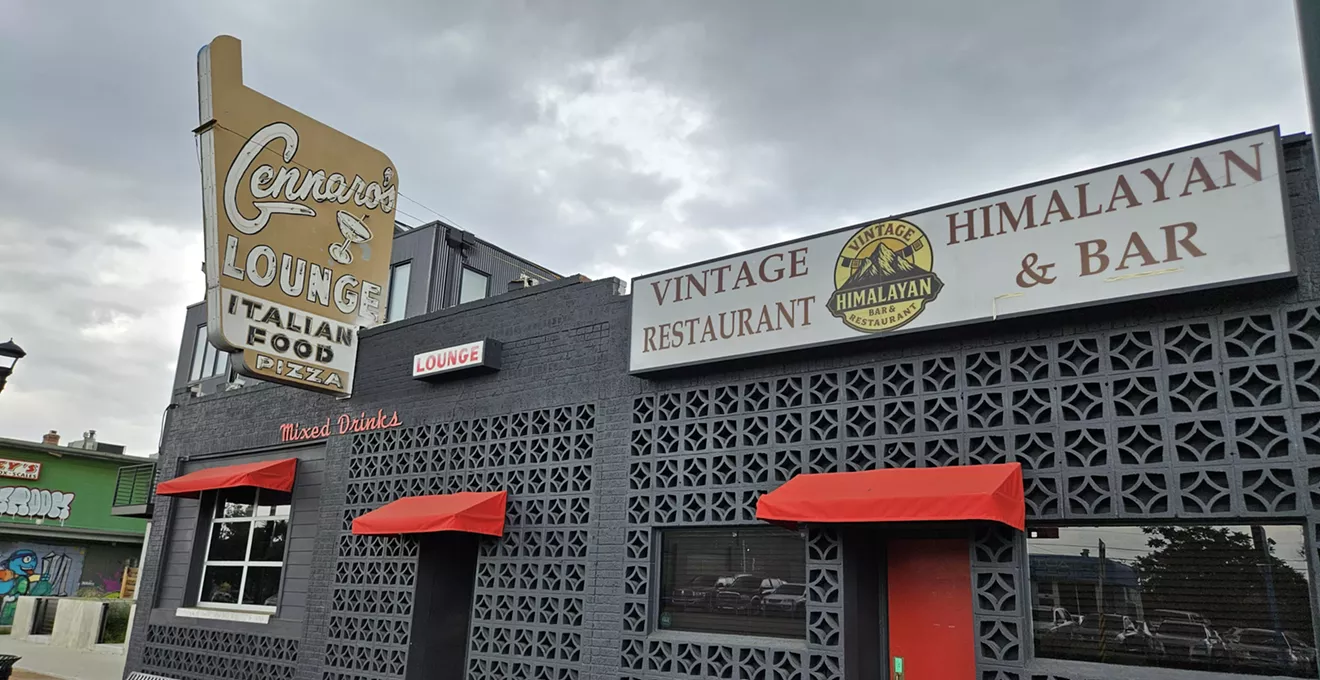Restaurants & Food
Pune Restaurant’s Rs 20 food waste charge sparks debate

A Pune restaurant’s Rs 20 food waste penalty has gone viral, sparking debate on fairness versus responsibility in tackling India’s food wastage crisis.
By Storyboard18
A South Indian restaurant in Pune has gone viral for introducing a Rs 20 charge on customers who waste food, sparking a larger debate on whether monetary penalties can serve as effective behavioural nudges against India’s massive food wastage problem.
A hotel in Pune is charging ₹20 extra if you waste food.
Every restaurant should do the same, weddings and functions should start charging fines too! pic.twitter.com/Bw3eU7b58L
— Ronita (@rons1212) August 13, 2025
The rule, highlighted in the restaurant’s menu, has drawn mixed reactions online. Supporters hailed it as a much-needed push towards responsible dining, with many suggesting the model could scale to weddings, buffets and large events where food waste is notorious.
Critics, however, questioned its fairness, asking if customers should pay for food they didn’t find edible or up to standard.
With India wasting nearly 68 million tonnes of food annually, worth billions, such experiments reflect a growing recognition that awareness alone isn’t enough. Behavioural interventions, whether charges or RSVP-based guest tracking, could be crucial to tackling the crisis.
First Published on
Restaurants & Food
Restaurants to explore across India for delightful festive celebrations – Food & Recipes

Dakshin at Sheraton New Delhi: Dakshin at Sheraton New Delhi is marking Onam with a traditional Sadhya, the elaborate vegetarian feast from Kerala. The spread will feature classics like Avial, Erusser, Kootu Curry, and Kalan, reflecting the harvest festival’s culinary traditions. Celebrations run from August 28 to September 5, 2024, with the atmosphere evoking Kerala’s festive spirit.
Nav Chaitanya,Mumbai: This Ganesh Chaturthi, Nav Chaitanya revives Pangat—its annual sit-down festive meal that recreates the warmth of traditional Malvani gatherings. Served on banana leaves with dishes like aloo wadi, kala vatana usal, vade, waran bhaat, and seasonal chibud, the thali is a sensory journey through Maharashtrian flavors. Blending devotion with nostalgia, Pangat offers the city’s diners a taste of home and the joy of eating together in community.
The Jamming Goat, Bengaluru: The restaurant unfolds as a rooftop brew garden where surrealist art, shifting lights, and open sky set a playful yet striking backdrop. Seafood anchors the menu, with dishes like Stuffed Bhangda Fry, Lemon Herb Prawns on focaccia, and Tandoori Coconut Lobster, balanced by inventive small plates such as Chicken Cafreal Arancini and Crispy Broccoli Poppers. Together, the food and ambience create an atmosphere where dining feels both familiar and imaginative, carried by the energy of music and conversation.
Ganesh Chaturthi at Taj Corbett Resort & Spa, Uttarakhand: At Taj Corbett, the culinary team welcomed Ganesh Chaturthi with a handcrafted Mawa Ganesh idol, symbolizing auspicious beginnings. Guests can also enjoy a special breakfast spread featuring favorites like modaks, puran polis, banana sheera, and coconut laddoos. The celebration brings together devotion, tradition, and flavor in the serene Himalayan setting.
Sheraton Grand Pune Bund Garden Hotel: Feast is marking Ganesh Chaturthi with a specially curated menu inspired by traditional Maharashtrian cuisine and Lord Ganesha’s favorite offerings. The spread features festive sweets such as Ukadiche Modak, Puran Poli, Mawa Modak, and Chocolate Modak, along with savory classics like Varan-Bhat, Batata Bhaji, and Alu chi Patal Bhaji. Accompanied by koshimbir, papad, pickles, and tak, the meal captures the warmth and essence of a traditional Maharashtrian household celebration.
Varq, Taj Mahal New Delhi: Step into the vibrant spirit of Kerala’s most cherished festival as Varq at Taj Mahal, New Delhi with a specially curated Onam Sadhya Thali. Known for its contemporary take on Indian cuisine, Varq is embracing the authentic traditions of Onam, bringing together a colourful spread of flavours, culture, and celebration. Crafted by their chefs, the elaborate thali features classics such as rasam, upperi, vendakkai khichdi, and red pumpkin erussery, each prepared with authentic recipes and served in a traditional festive presentation from Wednesday, 3rd September to Friday, 5th September 2025.
Tuya, Hyderabad: Tuya in Hyderabad marks Onam with a traditional vegetarian sadhya, served on September 5 and 6 at ₹999 plus taxes. Guided by Chef Suresh DC, the banana-leaf feast features Kerala classics like aviyal, olan, erissery, parippu with nei, and ends with ada pradhaman and semiya payasam. The menu balances nostalgia and simplicity, offering familiar flavours in an atmosphere that feels warm and homely.
Comorin: Comorin is celebrating Onam with its specially curated Onam Sadhya experience, from 3rd to 5th September 2025. The specially curated menu will feature classics like Nendran Chips, Kerala’s iconic golden banana crisps, Inji Puli, a sweet-sour-spicy ginger-tamarind relish, Aviyal – a traditional medley of vegetables in coconut and yogurt, and Olan, a delicate ash gourd and cowpeas curry simmered in coconut milk. The experience concludes with Sambaram, Kerala’s spiced buttermilk, ensuring a refreshing finish to the indulgent feast. The Onam Sadhya will be available during lunch and dinner, with only 30 guests per meal period per day and reservations are mandatory.
Restaurants & Food
Two new restaurants symbolise Mumbai’s relationship with South Indian food

If Uppu is an ode to Sunday breakfasts in Matunga, Oor feels like stepping into someone’s home. Tucked inside Kitab Mahal in Fort, the vegetarian restaurant is run by husband-wife duo Vijay and Panchali Bhatia, with Panchali, born in Mumbai to Mangalorean parents, at the heart of the kitchen. “Oor is an extension of my home kitchen,” she says, and it shows. The recipes are drawn directly from her mother, the rhythms of cooking as familiar to her as childhood memories. Just as striking is the warmth with which the couple greets diners, making the restaurant feel like a personal invitation rather than a commercial space.
That homely philosophy shapes everything. Sambhar, rasam, and chutneys are made in-house; podi powders ground fresh; masalas prepared the old-fashioned way. Cold-pressed oils replace refined ones, vadas are fried in small batches, and no baking soda touches the batters. The result is food that tastes clean, light, and deeply comforting, as if cooked for you in a family kitchen.
The menu offers the classics, pillowy thatte idlis, crisp vadas, benne dosas, alongside Panchali’s personal touches: pineapple rasam with its sweet-sour balance, vegetable palya uttappam, and kottige, idlis steamed in jackfruit leaves. Some small plates, like the crisp edged patti samosa, are instant favourites, and the jaggery-rich Oor shree for dessert is not to be missed.
The space reflects that same rootedness. Wooden cabinets topped with glowing lamps, rattan chairs, and accents like Kathakali masks and Etikoppaka woodwork lend it the air of a South Indian household transplanted to Mumbai. But Panchali’s larger intention is less about dining out than recreating the spirit of dining in.
On the surface, Uppu and Oor tell very different stories. Uppu is run by a north Indian family with no South Indian roots, though the owner’s years in Tamil Nadu shaped his palate. It is, at heart, an outsider’s love letter, a tribute from a family that found comfort in someone else’s cuisine, and wanted to make that comfort more widely accessible in Bandra. Oor, by contrast, is as rooted as it gets. For Panchali Bhatia, the restaurant is a continuation of her Mangalorean heritage, and a way of feeding people the way she herself was fed at home.
Both represent two sides of how food travels and transforms in a city of migrants. One shows how cuisine can be lovingly adopted by those outside its community; the other shows how it can be preserved and nurtured from within. South Indian food in Mumbai has never stood still. It travelled here with communities who made the city their home, took root in Matunga’s cafés, spilled into street corners and college canteens, and eventually gave rise to hybrid dosas that locals now claim as their own. Along the way, it has ruffled feathers, sparking debates about authenticity and identity, but it has also become one of the city’s most beloved, everyday cuisines.
Uppu and Oor enter this landscape with different approaches. Yet both are bound by the desire to feed people with food that feels personal, grounding, and full of memory. In their own ways, both these openings show that the cuisine here is still evolving, still connecting people across cultures and generations, and still, above all, bringing comfort to the city that eats it.
Restaurants & Food
Nepali Food Gets Top Billing Over Indian at Vintage Himalayan – Westword
-

 Brand Stories1 month ago
Brand Stories1 month agoBloom Hotels: A Modern Vision of Hospitality Redefining Travel
-

 Brand Stories1 month ago
Brand Stories1 month agoCheQin.ai sets a new standard for hotel booking with its AI capabilities: empowering travellers to bargain, choose the best, and book with clarity.
-

 Destinations & Things To Do1 month ago
Destinations & Things To Do1 month agoThis Hidden Beach in India Glows at Night-But Only in One Secret Season
-

 Destinations & Things To Do1 month ago
Destinations & Things To Do1 month agoUntouched Destinations: Stunning Hidden Gems You Must Visit
-

 AI in Travel1 month ago
AI in Travel1 month agoAI Travel Revolution: Must-Have Guide to the Best Experience
-

 Family Travel2 months ago
Family Travel2 months agoThings to Do Indoors in New Jersey
-

 Brand Stories2 months ago
Brand Stories2 months agoVoice AI Startup ElevenLabs Plans to Add Hubs Around the World
-

 Brand Stories1 month ago
Brand Stories1 month agoContactless Hospitality: Why Remote Management Technology Is Key to Seamless Guest Experiences
-

 Restaurants & Food5 months ago
Restaurants & Food5 months ago10 New Restaurants In Delhi NCR To Head To This Month
-

 Brand Stories2 months ago
Brand Stories2 months agoHow Elon Musk’s rogue Grok chatbot became a cautionary AI tale


You must be logged in to post a comment Login